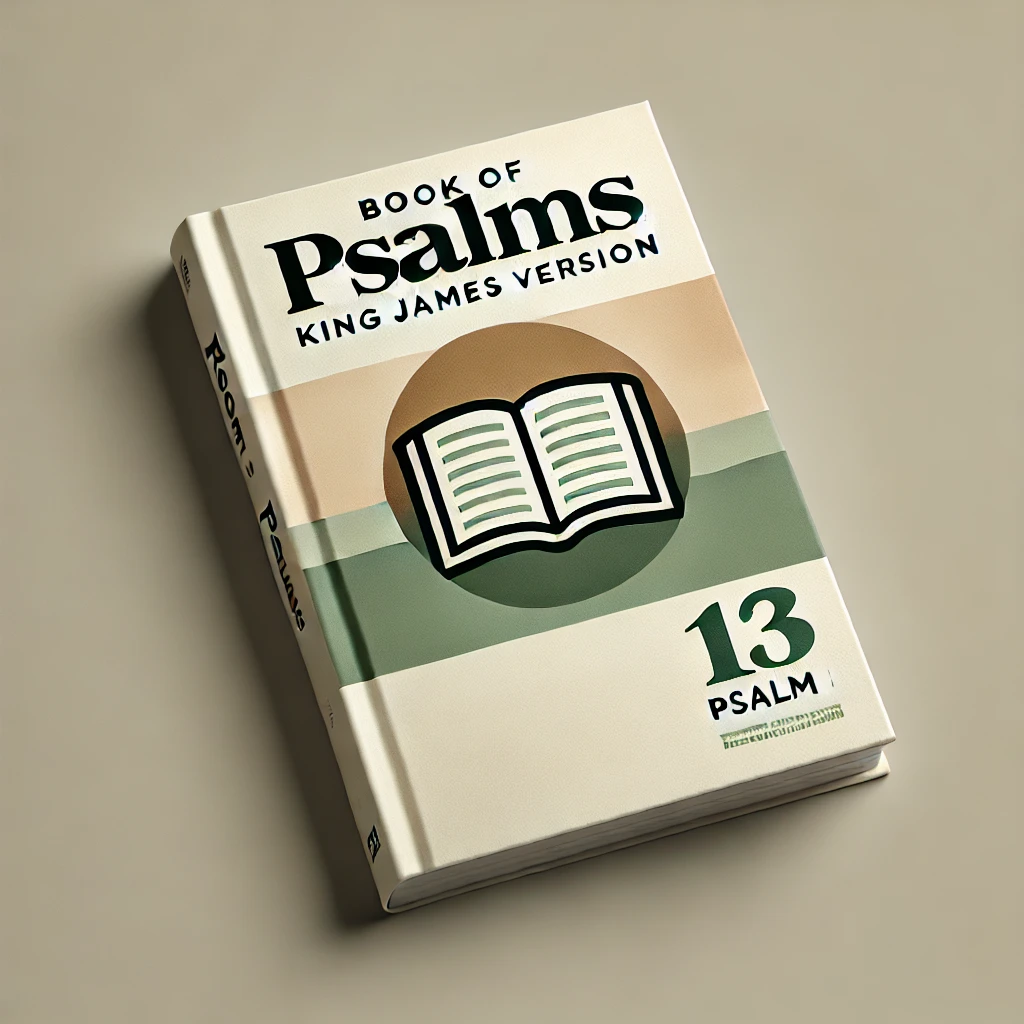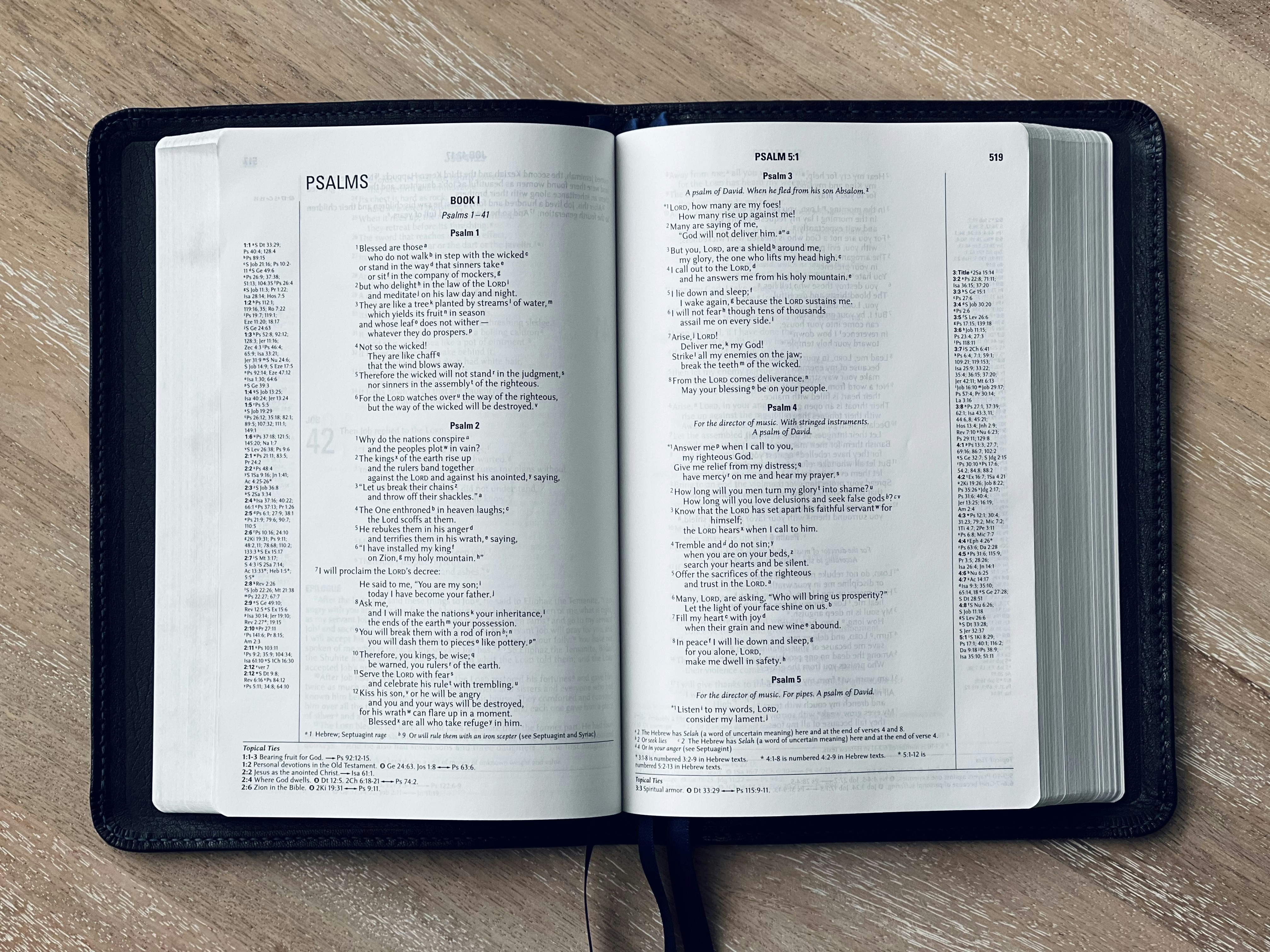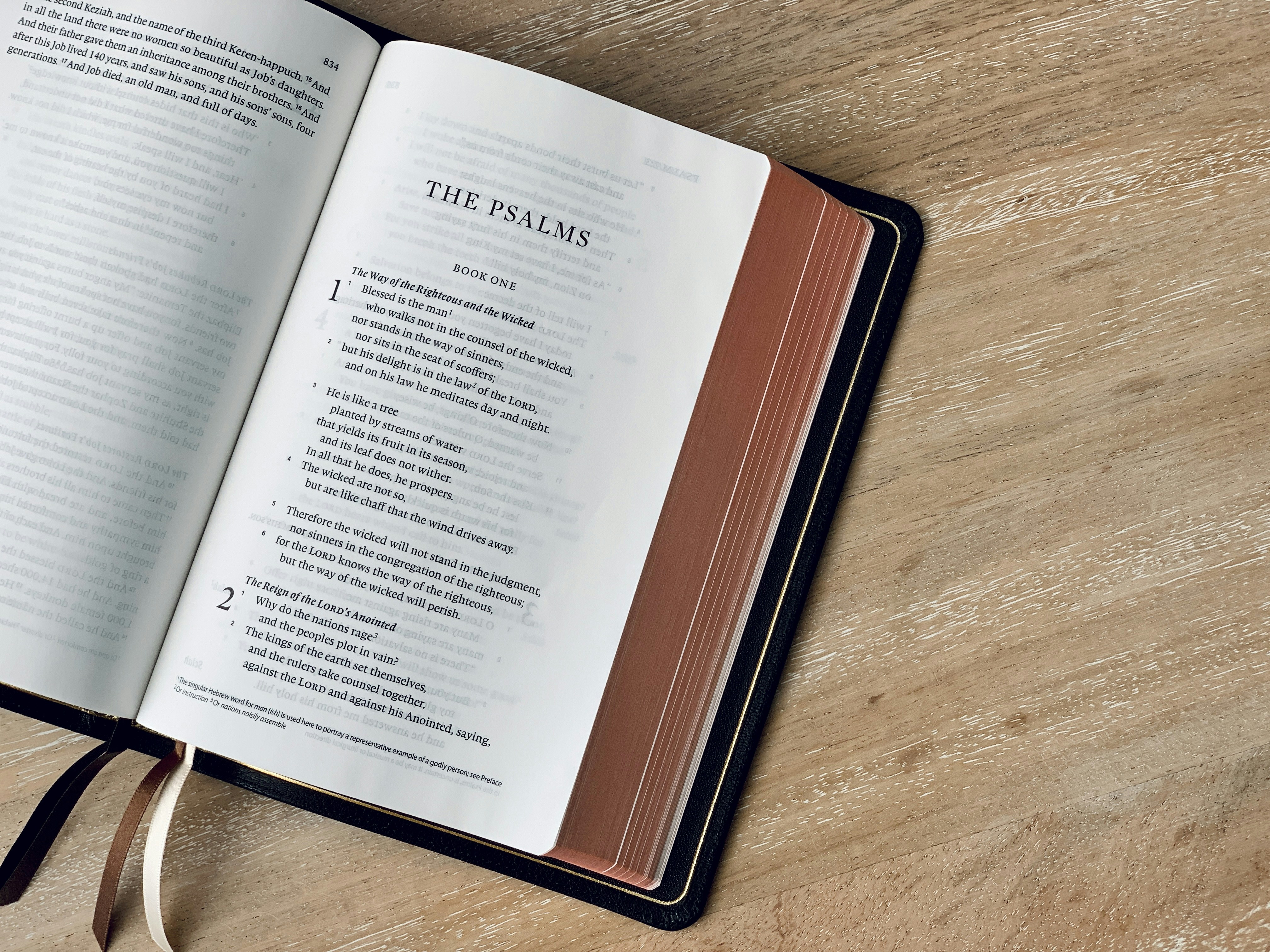Daily Meditations: Unveiling Wisdom in the Psalms Through Verse and Prayer
October 23, 2024 | by JL Ramos
The Rich Tapestry of Psalms: Understanding Their Historical and Spiritual Context
The Book of Psalms constitutes a fundamental component of the biblical canon, reflecting a diverse tapestry of human emotions and spirituality. Authored primarily by figures such as King David, Asaph, the sons of Korah, and Solomon, these sacred hymns span several centuries, from approximately 1000 BCE to 500 BCE. Each psalm is steeped in historical events that shaped the lives of its writers, offering profound insights into the cultural and religious milieu of ancient Israel.
Moreover, the Book of Psalms serves as a vital link between the past and the present. Many believers today turn to these poetic expressions when navigating life’s challenges, finding in them a source of comfort, hope, and inspiration. The lyrical nature of the psalms encourages individuals to articulate their feelings through prayer and reflection, helping to cultivate a deeper spiritual connection. As they engage with these ancient texts, modern readers may discover parallels between their own lives and the profound wisdom encapsulated within the verses.
In essence, understanding the historical and spiritual significance of the psalms enriches one’s experience in engaging with them. This foundation enhances the appreciation of their beauty and the timeless messages they impart, as individuals seek to weave these powerful words into the fabric of their daily meditative practices.
Transformative Daily Rituals: Incorporating Psalms into Personal Prayer and Reflection
Incorporating Psalms into personal prayer and reflection can serve as a transformative daily ritual, enhancing spiritual connections and deepening emotional insights. To begin, consider selecting specific psalms that resonate with your current mood or life situation. For instance, Psalm 23 is a powerful source of comfort during times of distress, whereas Psalm 100 can uplift the spirit and encourage gratitude. By aligning the chosen verses with your feelings or experiences, you create a more meaningful engagement with the scripture.
Furthermore, you may enrich your prayer routine by reading a selected psalm aloud, allowing the words to resonate within you. Take a moment to meditate on its meaning, as this practice not only fosters reflection but also leads to self-discovery. Additionally, journaling your thoughts and emotions in response to the psalm can cultivate a deeper understanding of its significance in your life. Incorporating periods of silence after reading can also encourage introspection, allowing spiritual insights to surface organically.
Creativity can play a significant role in this ritual. Writing original poems inspired by the psalms can be an enlightening way to express your feelings and contemplate the themes presented in the sacred texts. Similarly, crafting personalized prayers that echo the sentiments of the psalms enables individual expression and connection with God. This practice not only honors the essence of the psalms but also transforms the act of prayer into a more intimate dialogue with the divine.
Integrating psalms into your daily routine fosters a rich environment for spiritual growth. As you engage with these ancient texts both thoughtfully and creatively, you open pathways to wisdom and understanding that can lead to profound change in your daily life.
RELATED POSTS
View all



